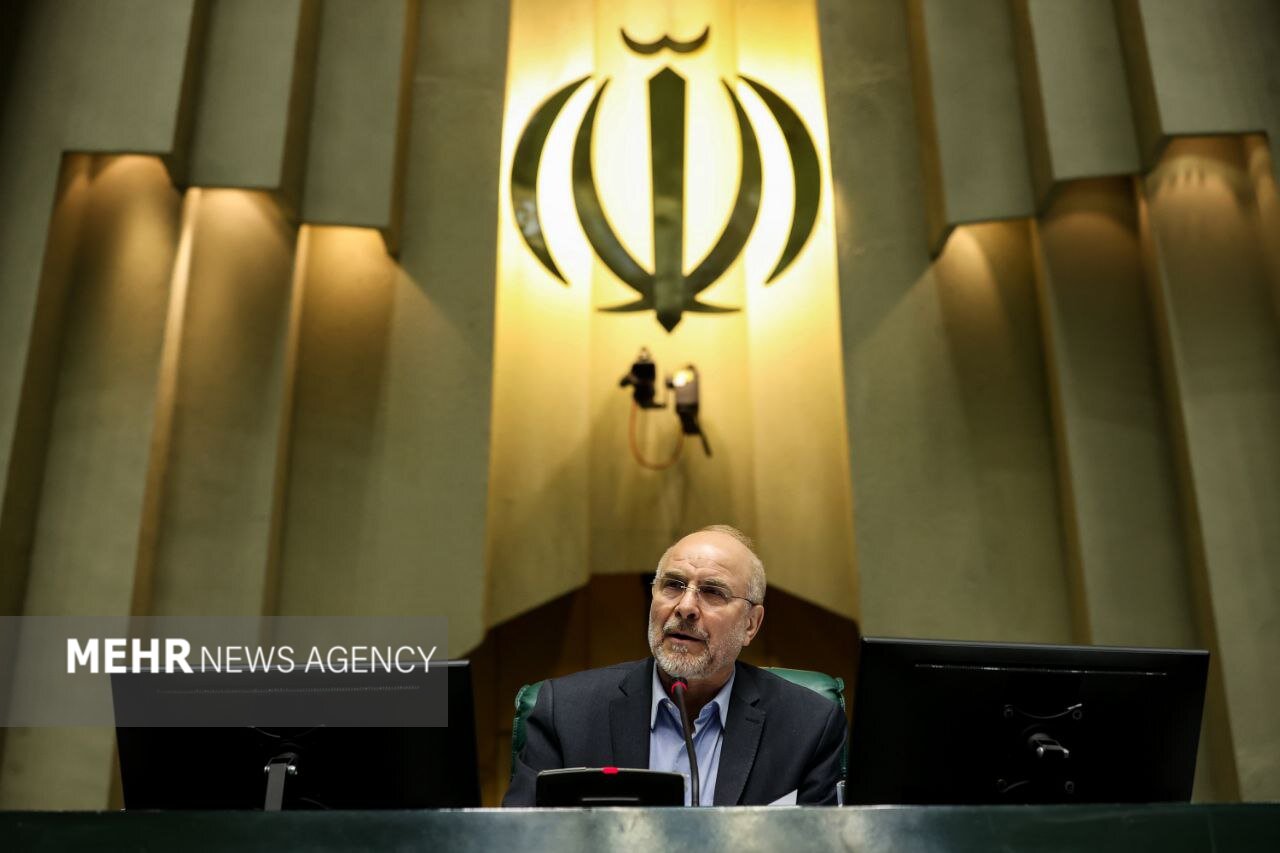
Similar Posts
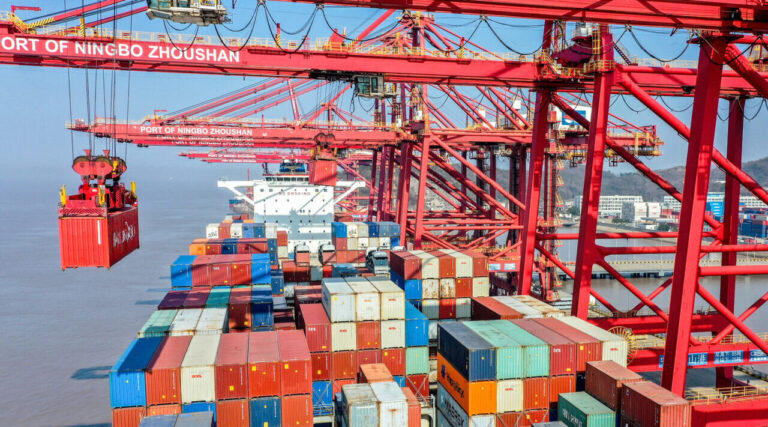
Iran’s Mazandaran Achieves 1.4 Million Tons in Goods Exports Over 10 Months
Mazandaran province’s Customs Offices reported $335 million in non-oil goods exported to 45 countries from March 21, 2024, to January 20, 2025. This period saw an 11% increase in weight and a 29% rise in export value compared to the previous year, totaling 1.451 million tons. Key items exported included agricultural products, textiles, construction materials, and food. Improved production, logistics, and marketing have enhanced Mazandaran’s role in international trade. Customs officials aim to sustain growth by focusing on quality and expanding into new markets, positioning the province as a burgeoning player in Iran’s non-oil export sector.
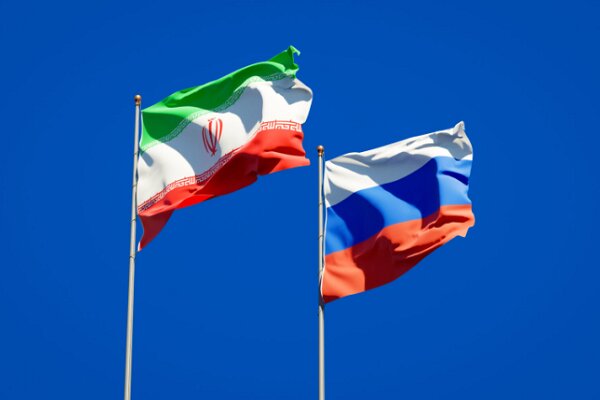
Iran Enhances Aviation Services to Boost Cooperation with Russia
The recent visit of an Iranian delegation to Russia marks a pivotal advancement in aviation cooperation, aiming to establish a bilateral agreement on standards and flight qualifications. This collaboration seeks to enhance technical services and operational safety, potentially increasing direct flights and travel options for both nations. The agreement will foster closer ties through shared practices, training programs, and joint research initiatives in aviation technology. By aligning their aviation standards, Iran and Russia are not only strengthening their strategic partnership but also promoting economic growth and connectivity, reflecting a trend of collaborative efforts in the evolving global aviation landscape.

Pakistan’s Embassy Showcases Culture and Innovation at Kish Expo 2025!
The Embassy of Pakistan in Tehran made a significant impact at Kish Expo 2025, showcasing the nation’s business development capabilities, cultural heritage, and tourism potential. Held on Kish Island, the expo served as a platform for international engagement, emphasizing economic partnerships and cultural exchange. Pakistan highlighted sustainable tourism initiatives, investment opportunities, and its diverse culture through various exhibits. The event facilitated networking and discussions, paving the way for future collaborations. Overall, the embassy’s participation aimed to bolster Pakistan’s visibility in the global market and attract foreign investment, reinforcing its commitment to international cooperation and economic diplomacy.
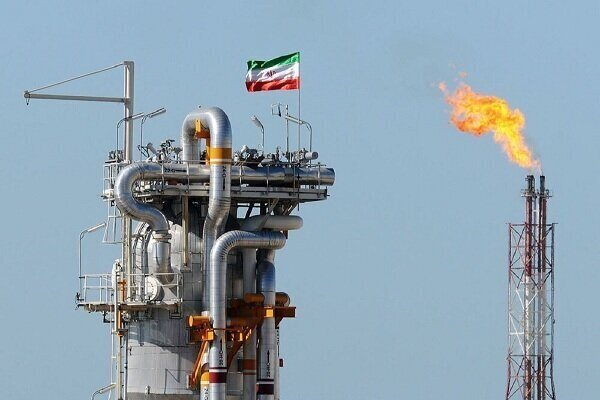
Iran Rises as World’s 3rd Largest Natural Gas Producer: What This Means for Global Energy Markets
Iran’s gas supply network, covering over 95% of the country, is among the world’s most extensive, surpassing the U.S. and Russia’s coverage. Its pipelines stretch significantly more than the distance to the Moon, showcasing Iran’s engineering capabilities and energy sector importance. While the network supports economic development and energy security, a projected gas deficit of 373 million cubic meters by 2027 highlights the need for ongoing investment and adaptation to market competition and environmental regulations. Despite challenges, Iran’s infrastructure positions it as a key regional energy player, crucial for both domestic needs and international relations.
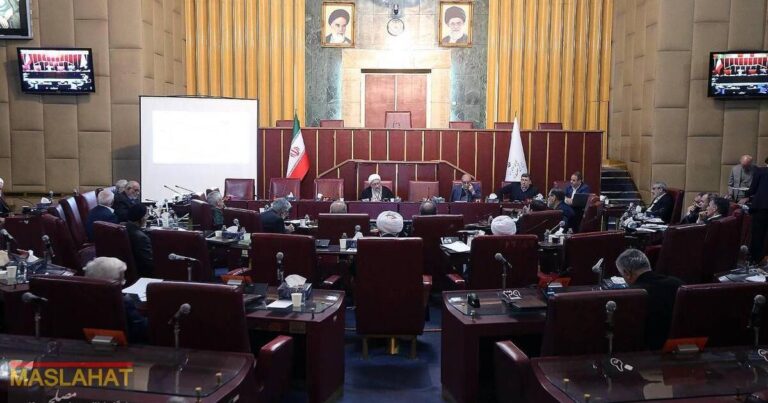
Is Khamenei Softening His Stance on Iran Joining FATF Regulations?
Iran’s political landscape is shifting regarding its potential accession to international monetary conventions, particularly as the Expediency Discernment Council (EDC) reviews compliance with anti-money laundering and terrorism financing frameworks. Supreme Leader Ali Khamenei has authorized this review, reflecting growing economic pressures on Iran. While Economy Minister Naser Hemmati announced Khamenei’s approval, the Supreme Leader has yet to publicly comment. The EDC, which mediates between the parliament and Guardian Council, faces opposition from hardliners resisting FATF compliance, citing national security concerns. Legislative decisions on the Palermo Convention and CFT Act are crucial for Iran to improve its global financial standing and reduce economic isolation.
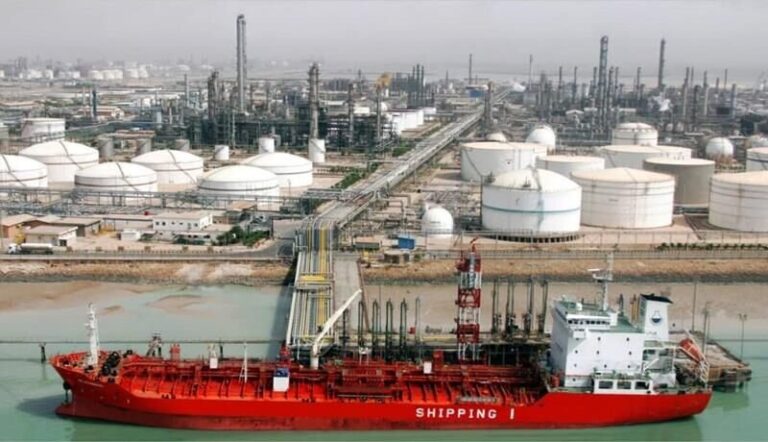
Petrochemical Production Set to Surge: Output Capacity to Reach 105 Million Tons by Year-End!
The CEO of Iran’s National Petrochemical Company (NPC) announced plans to increase the nominal production capacity to 105 million tons by March 2026, enhancing Iran’s global petrochemical market position. This ambitious growth strategy aims to stimulate economic growth, create jobs, and diversify product offerings. The NPC is also emphasizing sustainability and innovation, incorporating advanced technologies to improve production processes and reduce environmental impacts. The initiative seeks to attract domestic and foreign investment through favorable policies, fostering strategic international partnerships. Successful implementation of these goals could significantly strengthen Iran’s economic resilience and competitiveness in global markets.